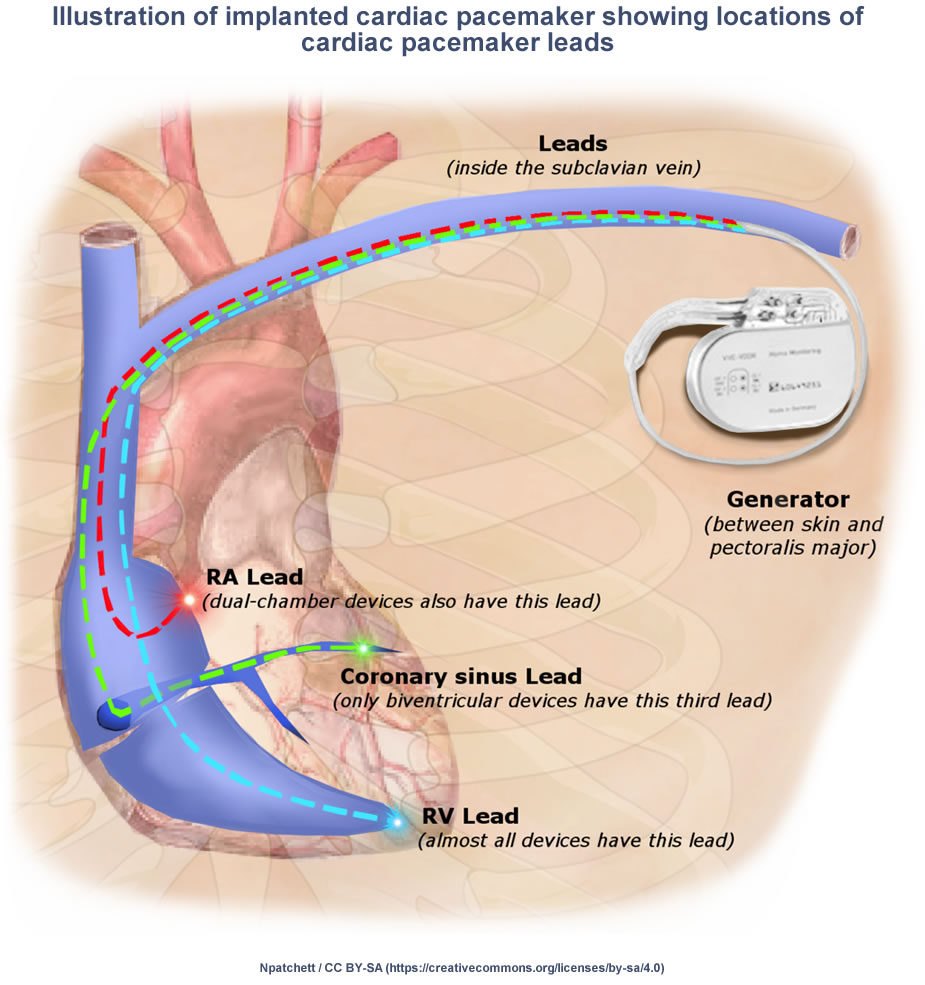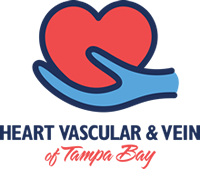Treatment Options for Atrial Fibrillation
AFib Treatment Options: Lifestyle Changes, Medication and Surgery
OVERVIEW
If it is determined that you have atrial fibrillation (AFib), the treatment that’s best for you will depend upon your symptoms, the underlying cause of the AFib and how long you’ve had the condition. Generally, treatments for AFib focus on resetting or controlling the heart rhythm and preventing blood clots.
LIFESTYLE CHANGES
Making certain lifestyle changes may improve your overall heart health. Your healthcare team may recommend that you:
- Eat heart healthy foods
- Choose a low-salt diet
- Exercise
- Stop smoking
- Limit alcohol intake
MEDICATION
Medication may be prescribed to control your heart rate or rhythm. In addition, anticoagulation (blood-thinning) drugs are aimed at preventing clots from forming that can lead to a stroke.
CARDIOVERSION
A procedure called cardioversion may be used to reset an abnormal heart rhythm back to normal. Cardioversion is performed either with medications called anti-arrhythmics or with an electric shock delivered to your heart when you are sedated.
CATHETER ABLATION
If medications or cardioversion don’t work or if you have side effects, catheter ablation is another option. During catheter ablation, either radiofrequency energy or cryotherapy is directed through a catheter inserted in an artery, toward abnormal electrical pathways in the heart tissue. Either method scars the tissue and may normalize the erratic electrical signals to correct the arrhythmia.
PACEMAKER OR IMPLANTABLE CARDIOVERTER DEFIBRILLATOR (ICD)
A medical device like a pacemaker or an ICD can detect and treat AFib early and suppress the onset of AFib.

Information on this site should not be used as a substitute for talking with your doctor. Always talk with your doctor about diagnosis and treatment information.
